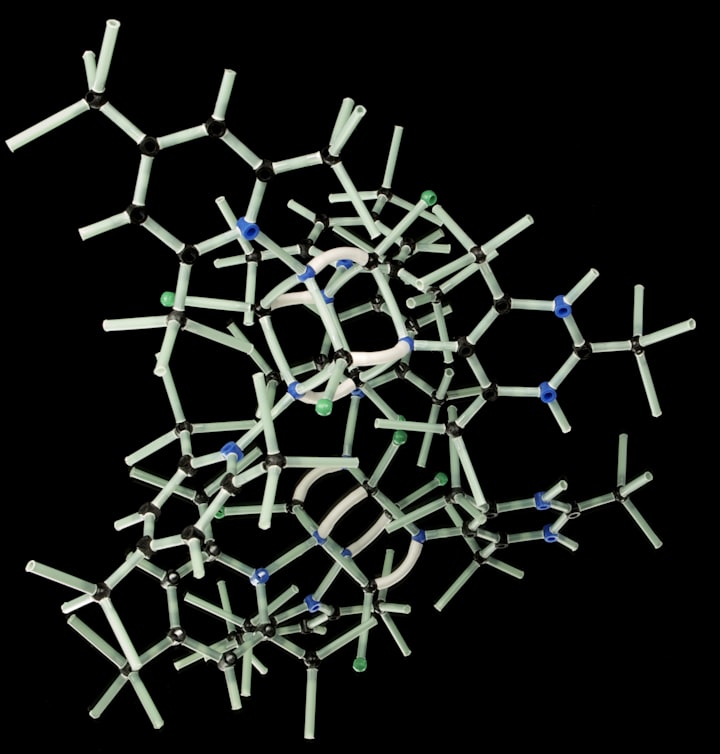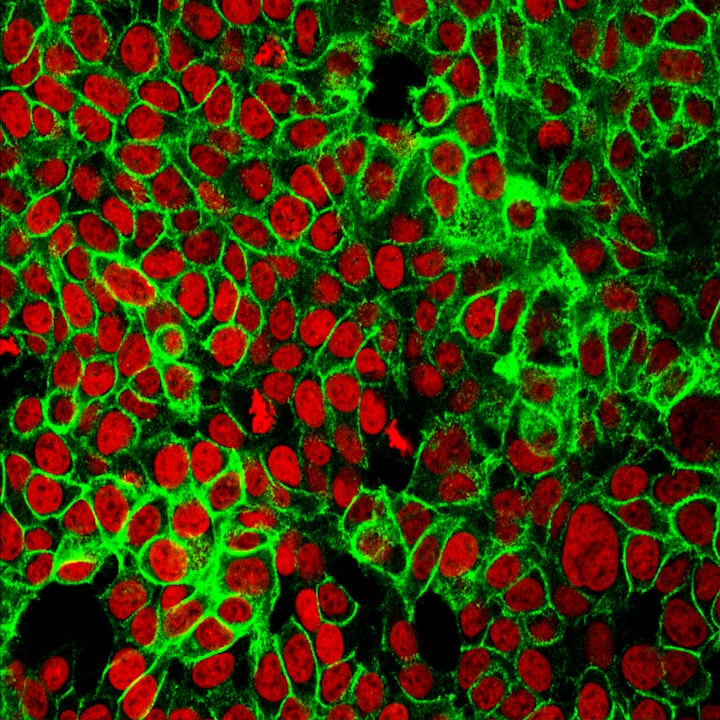What Makes Smelling Salts a Potent Tool for Consciousness Revival?
Discover how smelling salts use ammonia gas to trigger the inhalation reflex for consciousness revival and alertness restoration.

If you've ever witnessed someone use smelling salts to wake up after being unconscious, you may have wondered about the science behind this seemingly miraculous revival.
Let's delve into the fascinating mechanism of how smelling salts jolt someone back to consciousness.
Ammonia Gas and Inhalation Reflex
Smelling salts, also known as ammonia inhalants, contain a combination of ammonium carbonate and perfume.
When these substances come into contact with moisture in the air, they release ammonia gas.
Ammonia is a potent irritant that triggers the inhalation reflex—when it enters the nostrils, it stimulates the membranes of the nasal and lung passages, prompting a reflexive deep breath.
This sudden intake of air increases oxygen flow to the brain and muscles, jumpstarting the body's respiratory system.
Increase in Heart Rate
In addition to triggering the inhalation reflex, the presence of ammonia also stimulates the sympathetic nervous system, leading to the release of adrenaline.
This surge of adrenaline amps up the heart rate, enhancing blood flow and oxygen delivery throughout the body.
The combined effect of increased oxygen supply and heightened heart rate swiftly counters the physical effects of fainting, such as reduced heart rate, shallow breathing, and a general slowdown in metabolism.
Can Smelling Salts Keep You Awake?
While smelling salts can swiftly rouse someone who has lost consciousness, their effects are not long-lasting in terms of keeping a person awake.
The reviving properties of smelling salts are primarily aimed at reversing the physical effects of fainting or unconsciousness rather than sustaining wakefulness over an extended period.
A Vital Tool in Certain Situations
Despite their limitations in maintaining wakefulness, smelling salts serve as a crucial tool in specific scenarios where immediate revival is imperative, such as in medical emergencies or athletic events.
Their ability to rapidly restore an individual's alertness can be instrumental in preventing further harm and ensuring prompt medical attention.
The use of smelling salts to awaken someone who has lost consciousness is grounded in the science of triggering the inhalation reflex and stimulating the sympathetic nervous system through the release of ammonia gas.
While they do not provide sustained wakefulness, their prompt revival effects make them invaluable in critical situations, offering a vital lifeline when every second counts.






